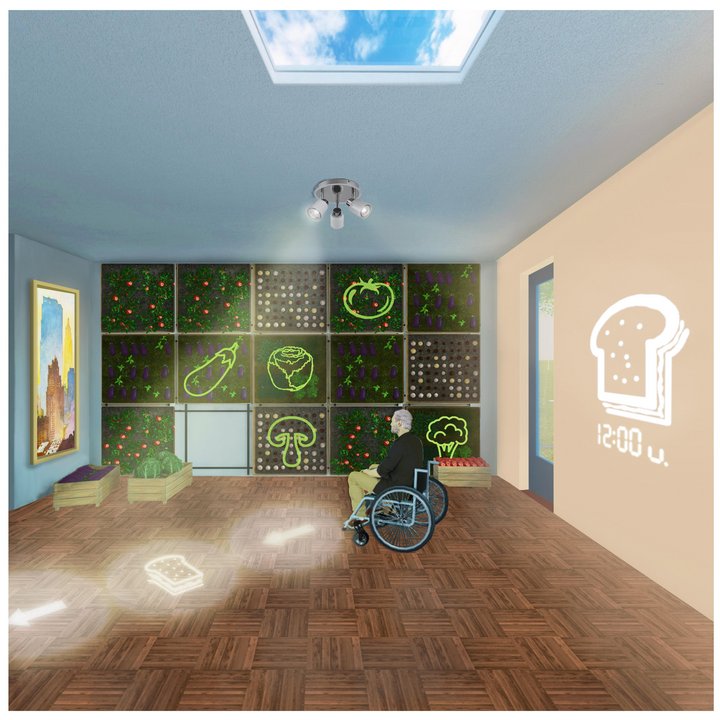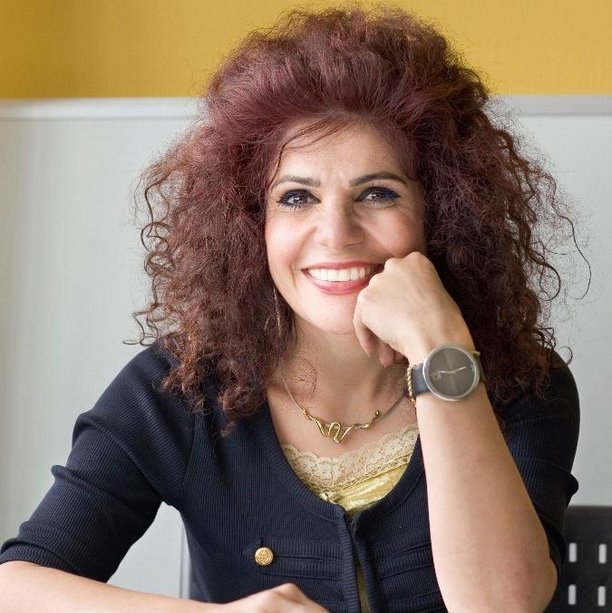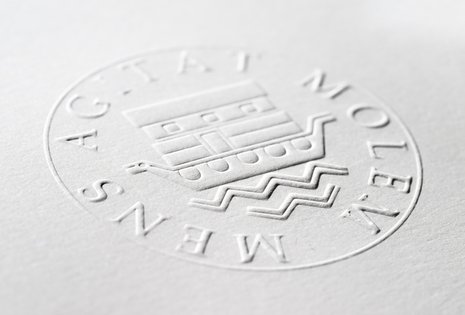Contact
Smart Architectural Technologies (SAT)
Smart Architectural Technologies focuses on embedding innovative technologies in the built environment to create responsive buildings. In particular, the chair focuses on the balance between architecture, technology and user, brought together within the integral concept of the ‘Empathic Environment‘.
Read moreMeet some of our Researchers
“The basis is always finding the best possible solution for the user through architecture and design, introducing technology only where a simpler solution won’t suffice. If you can design a building in such a way that every occupant can see the front door, for example, you won’t need to introduce complicated intercom and CCTV systems. Making the best use of natural lighting could mean you won’t need artificial light at certain hours. By introducing vegetation inside a building, people could be stimulated to farm. There are countless possibilities. Of course, we’re happy to use technology, which can be very complex and advanced, but only as part of an overall approach.”
Read moreProjects
Recent Publications
Our most recent peer reviewed publications
-
Chuan Ma,Olivia Guerra-Santin,Anne Grave,Masi Mohammadi
Supporting dementia care by monitoring indoor environmental quality in a nursing home
Indoor and Built Environment (2023) -
J.H.W. Hammink,Nienke Moor,Masi Mohammadi
Influencing Health Behaviour using Smart Building Interventions for People with Dementia and Mild Cognitive Impairment
Disability and Rehabilitation: Assistive Technology (2023) -
Anne J.J. Grave,Louis Neven,Masi Mohammadi
Elucidating and Expanding the Restorative Theory Framework to Comprehend Influential Factors Supporting Ageing-in-Place
International Journal of Environmental Research and Public Health (2023) -
odit
A user-centred virtual city information model for inclusive community design
Cities (2023) -
Peyman Najafi,Masi Mohammadi,Pieter J.V. van Wesemael,Pascale M. Le Blanc
A user-centred virtual city information model for inclusive community design
Cities (2023)


